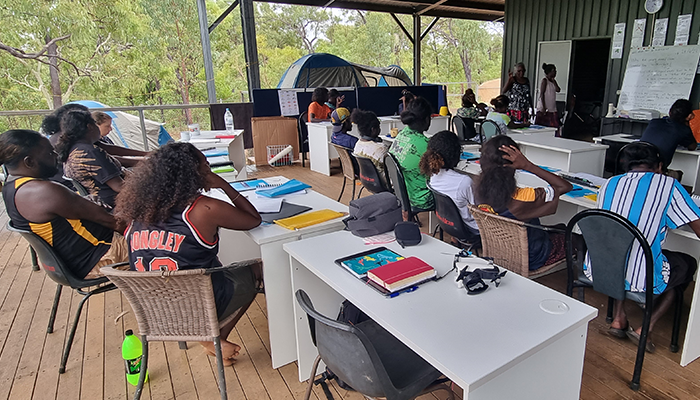Who am I? A question most, if not all of us will ask at some point in our lives. And there’s no shortage of articles, books, blogs, memes and celebrities who will weigh in on the topic.
Identity is a complex concept. While it cannot be summed up in a motivational quote on Facebook, these social commentaries speak volumes about how we see ourselves and our ideal notions of identity. These notions can be represented in all facets of life: media, art, politics, geography, economics and almost anything you can think of.
Dr Anthony Lambert is a senior lecturer and researcher in cultural studies at Macquarie University. He teaches that the concept of identity deals with what is viewed as normal or not normal in society, and who personifies the ideas of normal. These personifications are represented in everyday life, thus contributing to the formation of a certain identity.
“For example, in defining what is ‘Australian’ we look not at what it is, but who is included, who isn’t and how different demographics of society think. We can look at it in terms of how it’s represented through policy, media, creative arts, community – pretty much everything in our world” says Dr Lambert.
These visual representations, cultural and political forms label us, and in turn enable us to understand our identity within a larger culture. Or as Dr Lambert puts it: “How is it that I am produced (made) in media/politics/society/institutions, throughout my life?”
If this seems confusing, Dr Lambert summed it up with an example of gender and the idea currently floating around society of the ‘ideal feminist’.
“It’s true some people who call themselves feminists routinely judge other women for their choices. Often promotional girls at the races may be shamed for having a job that requires them to flaunt their figures. Some would consider this derogatory work, however, what if after speaking with them you learn that they love their job, and consider themselves feminists in that the movement has given them the choice to do what they want with their bodies. Should they be judged just because their view doesn’t fit into the new idea of the strong, proud woman?”
So how does one work out this conundrum of balancing what we want vs what society expects of a certain individual/gender/race/class? In this sense the discourse around identity, particularly gender and sexuality has become much larger, due in part to the rise of social media.
Dr Lambert agrees that the introduction of the internet and social media as a way to communicate has been great in that: “… it gives people a voice, especially those marginalized who mightn’t have had one before… the conversation has forced the development of rights discourse in terms of the questioning the very idea of gender.”
But what if you’re not particularly reflective? What if you don’t believe your identity is a product of your circumstances and life to present? Some people will say it’s naturally occurring, which is fine by Dr Lambert: “…just because I want to think about it doesn’t mean everyone has too. I have found most people don’t really question their identity or even think about it until their current notions of ‘normal’ are challenged or identity is oppressed.”
So what is your identity? It is a rabbit hole of an idea. So complex that it’s exploration needs to be equally deep to even begin to understand it, and in turn, apply it to ourselves.
To start, get involved in the discussion.



